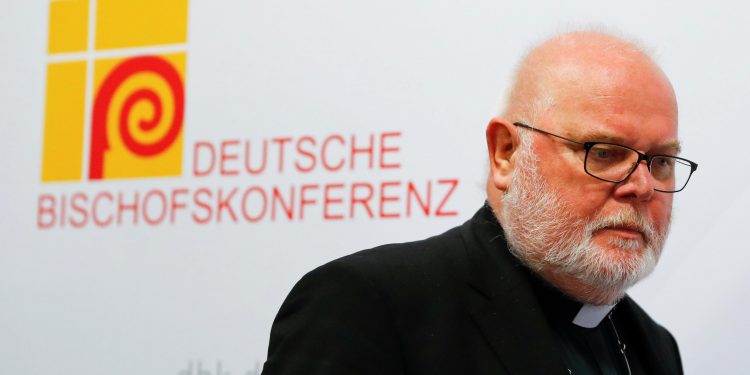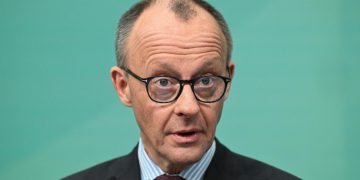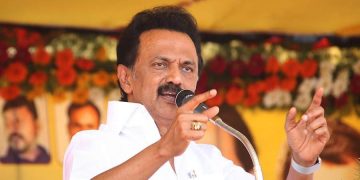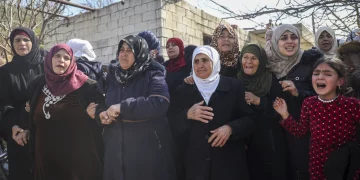Berlin: Germany’s Catholic Church was Thursday due to speak about steps and reforms to address its child sex abuse scandal, which mirrors paedophilia revelations in congregations worldwide.
Cardinal Reinhard Marx, the head of the German Bishops’ Conference, was due to give a 1300 GMT press conference at the end of a four-day episcopal conference in the western city of Lingen.
As in Australia, Chile, France, Ireland and the United States, Germany’s Catholic Church has had to admit to abuses by predator priests and clergy and their systematic cover-ups over decades.
Germany’s Church last September released a study that showed 1,670 clergymen had committed some form of sexual attack against 3,677 minors, mostly boys, between 1946 and 2014.
The Catholic Church — Germany’s biggest religious community with 23 million followers — has apologised and pledged a series of steps, from owning up to past crimes to compensating victims and preventing abuses in future.
German bishops have also debated possible changes to Catholic dogma and traditions, including the training of priests to the role of women.
The bishop charged with addressing the child abuse crisis, Stephan Ackermann, said the Church was seeking to find an ‘unbureaucratic’ way to compensate victims and to build prevention and monitoring systems.
The Church had so far received 1,900 applications for “benefits in acknowledgement of suffering”, he said Wednesday.
The main victims group, Eckiger Tisch, has urged the Church to bring in independent experts for a more thorough audit, to involve victims in the effort and to take speedy steps to compensate those who have suffered.
“We would gladly have presented our demands to the bishops directly and in person, but we were not invited,” said its head, Matthias Katsch.
Germany’s biggest abuse clusters have included a Berlin elite Jesuit school and the world-famous Catholic choir school the Regensburger Domspatzen where more than 500 boys suffered sexual or physical abuse.
Overall, most victims were boys and more than half were 13 years old or younger, the study last year concluded.
Predator priests were often transferred to another parish, which was usually not warned about their criminal history.
Only about one in three were subject to disciplinary hearings by the Church, and most got away with minimal punishment.
Only 38 per cent were prosecuted by civil courts.
AFP






































